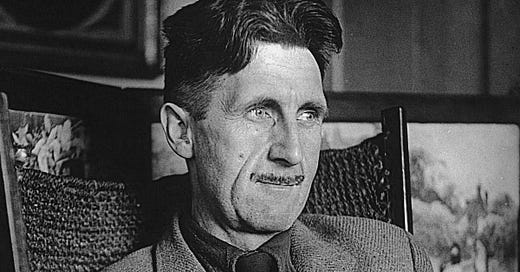Productivity isn’t about completing tasks. It’s about building systems.
The secret to getting new year's resolutions to actually last.
At the start of every new year, people jot down their new year’s resolutions and vow to stick to them. Usually, they include going to the gym more often, picking up a book with greater regularity, or reciting morning affirmations.
Some mixture of those and others, written in a list with the expectation that the resolutions have been filed.
But most new year’s resolutions fail. One study at Scranton University found that only 19% of individuals kept their promises to themselves. Typically, most resolutions are abandoned by February.
Lasting goals are difficult to achieve starting on January 1st because, in list form, they are merely an acknowledgment of a shortcoming. To really change, you need a way to realize that the difficulty of achieving those listed items outweighs the negativity of ignoring them.
Building out an environment where you can accomplish your habits is the first step. For example, instead of telling yourself you will not eat any junk food anymore, you can simply stop buying it from the grocery store. A basic example, but by eliminating the temptation from your environment, you naturally follow the habit.
In his book Atomic Habits, James Clear wrote: "You do not rise to the level of your goals. You fall to the level of your systems."
The systems, in part, include building out environments that are conducive to your success, and whatever it is that help you get there.
An atomic habit, to Clear, is a regular practice or routine that is not only simple — a low mental barrier to entry — but is also a source of momentum for further growth. A component of a larger system.
Bad habits, alternatively, are the ones that stick around not because you are unaware they are bad, but because they are integral to a system you already have in place. Rather than the bad habit itself, it is the system, the design of the mechanisms all around you, that needs changing.
By swapping out various parts of systems for more healthy, productive practices, these things will follow you and motivate you to keep going. The path will become more defined; what works and what doesn’t will make themselves more apparent over time.
Forget about setting goals, Clear writes. It’s about building systems that allow for better results. In his eyes, it is not willpower or habits that shape who we are or who we become — it is the environment and system we place ourselves within.
I write about powerful ideas, recession-proof skills, and building a personal brand in my newsletter every week. Join 1,800 subscribers here.










